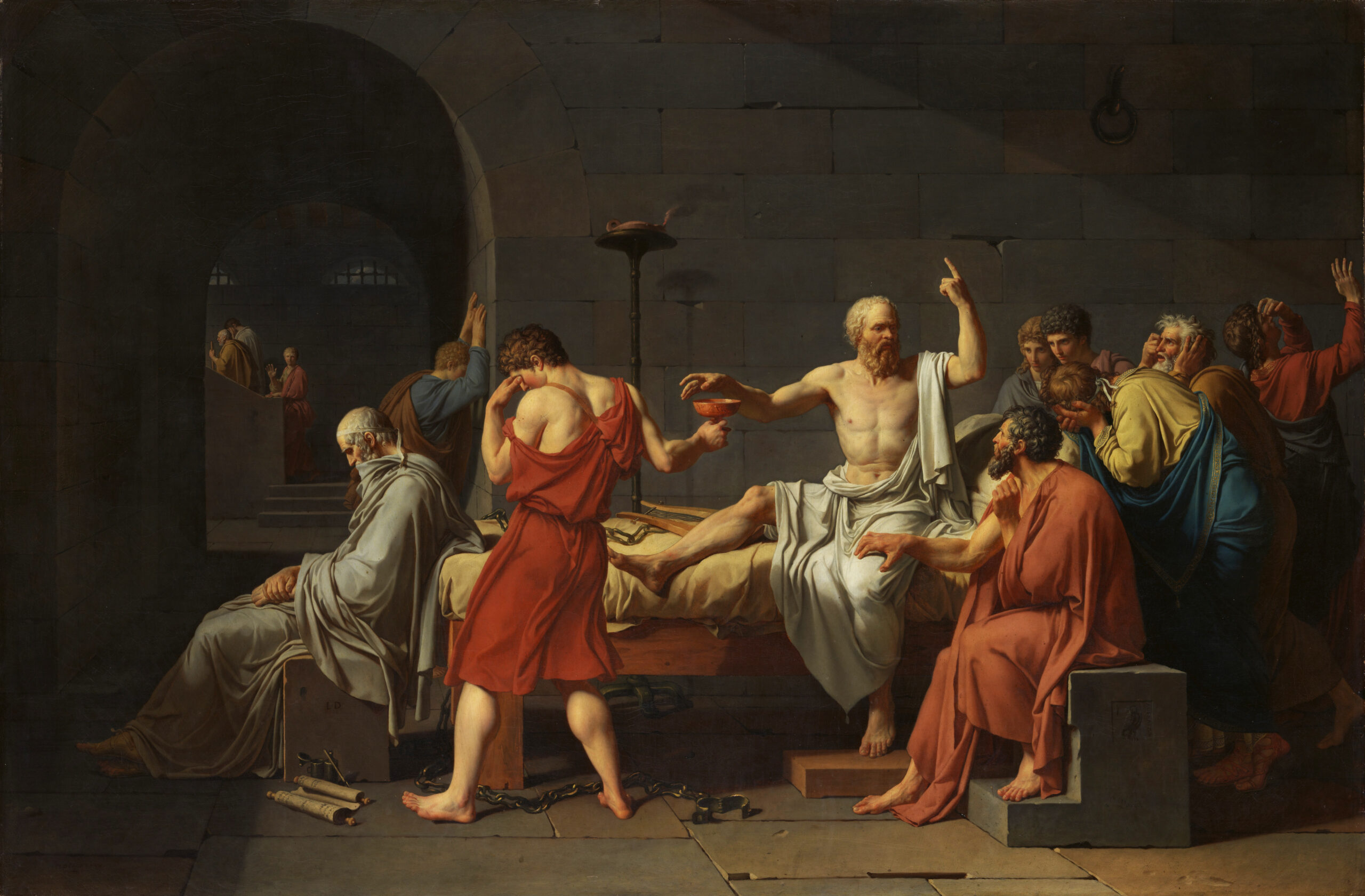Philosophers did bad things. Even terrible things.
Heidegger was enlisted in the Nazi party. Hannah Arendt slept with him. Aristotle defended slavery and opposed human equality. Sartre and Beauvoir defended a paedophile, seeking to abolish the age of consent. Foucault took advantage of underage boys in Tunisia. And many— Kant, Hume, Nietzche and Locke, to name a few—had racist views.
So, should we stop reading them? Or adopt a pick-and-choose approach where we only focus on the appropriate parts of their work? Otherwise, are we enemies of progress?
I have a friend who studies philosophy at the Sorbonne. When asked about her favourite philosopher, she responded with Heidegger, finding him an intriguing character. Yet she was immediately accused by her friends of being a Nazi apologist.
The immediate counter-argument for this blatant oversimplification is that engaging with a philosopher’s work does not necessarily imply support for their personal character. This brings us back to the age-old debate of separating the art from the artist. Some argue against upholding the influence of individuals deemed immoral, while others advocate for distinguishing a person’s character from their contributions.
However, in many cases, this separation is not feasible. While philosophers like Kant and Hume might lend themselves to a pick-and-choose approach—where one can appreciate their contributions without directly engaging with their prejudices—many other thinkers have theories that are inextricably linked to their problematic views.
Take, for instance, Aristotle, who did not merely accept slavery but sought to defend it on the basis that it benefitted the enslaved person. He posited that some individuals are, by nature, unable to pursue their own well-being and are best suited to serve as “living tools” for others: “The slave is a part of the master, a living but separated part of his bodily frame.”
This was not merely a singular misguided opinion in a pool of works discussing something else. In fact, his theory largely follows the continuation of his views. Indeed, he believed that the value of a human being—essentially, their virtue—was developed throughout one’s upbringing. Consequently, he put forward that individuals who are unable to cultivate this virtue, such as women and slaves or those who choose not to, like manual labourers, lack the basis to claim equal respect or recognition to those who do attain it.
This theory strongly opposes our liberal values of equality and freedom. And yet, he continues to exert influence on contemporary discussions in ethics and political philosophy. Shaping much of Western moral philosophy, his work Nicomachean Ethics laid the foundation for virtue ethics, emphasising the importance of character, practical wisdom, and the pursuit of human flourishing. His ideas on morality, justice, and the purpose of life continue to inform our ethical frameworks, influencing everything from personal conduct to public policy,
Furthermore, often regarded as the father of formal logic with the development of the syllogism (a form of logical reasoning where a conclusion is drawn from two given or assumed propositions), he set the foundation for standard logic in Western thought until the nineteenth century, continuing to inform contemporary deductive reasoning. Even the word “metaphysics” itself originally meant the works of Aristotle to be studied after Physics.
Aristotle is obviously not the only example where we can not separate philosophy from the individual’s moral failures. Jean-Paul Sartre was a towering figure in existentialist philosophy, revolutionising our views on human existence and the meaning of life. As he stated, “existence precedes essence,” rejecting the notion of inherent predestination and exposing us to the absurdities of this world. His concept of “bad faith” (or “mauvaise foi”) referred to the denial of one’s own freedom or responsibility, exposing how society embodies a lack of courage to live authentically.
Yet, it is also this philosophy that perhaps led him to advocate for the abolition of the age of consent. He argued that people often engage in sexual relationships in bad faith, by denying the complexity of their freedom and pretending that fixed roles or social conventions govern sexual encounters. This means that when individuals conform to traditional or societal expectations around sex, they might be acting inauthentically, denying their freedom and responsibility to choose how to express their sexuality.
Both Sartre and Aristotle’s philosophies may have led them to commit morally questionable acts, but this does not negate their contributions to philosophy. We can not always separate the philosophy from the philosopher—and maybe we shouldn’t even try. Individuals are complex, and they are flawed. Some commit terrible things. Yet, their thinking is still crucial for our societies because it moved philosophical discourse forward.
It is not about worshipping them either; damaging views need to be acknowledged and placed in their context, and we should not silence conversations about the wrongdoings of people in the past. What we should stop doing is cancelling everyone who hurts our feelings and demanding that their theories stop being taught and talked about. Philosophy and thought do not need to be progressive or appealing to the values of our society nowadays. It is unproductive to demand that their theories be erased from academic curricula or public discussion. This knee-jerk reaction limits intellectual freedom and prevents meaningful engagement with the complexities of human thought. The essence of philosophy is not to cultivate consensus, but to provoke, challenge and shock. Because getting our feelings hurt is maybe how we start learning.
Other posts that may interest you:
Discover more from The Sundial Press
Subscribe to get the latest posts sent to your email.





